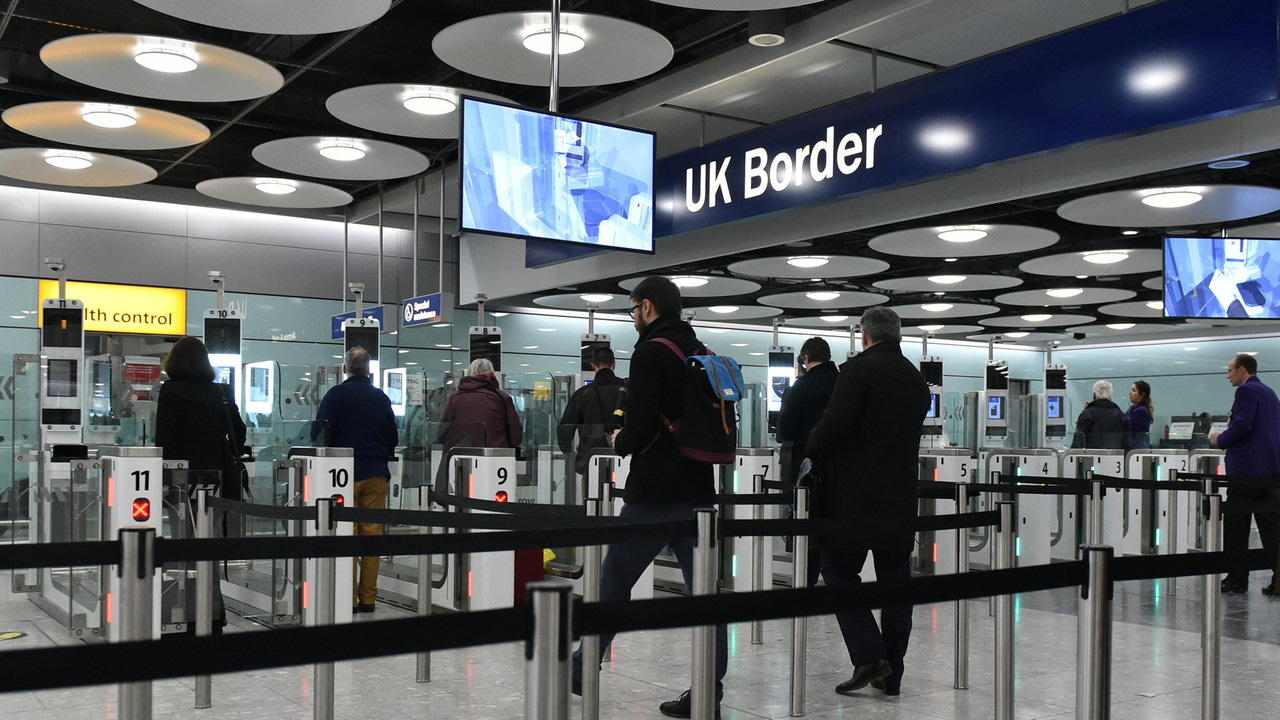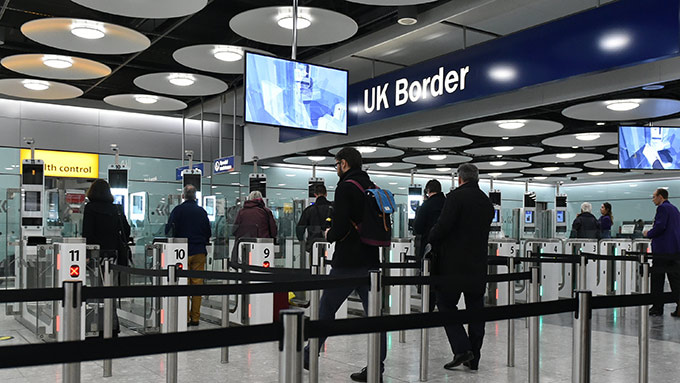UK business leaders question migration policy as EU workers return 'home'


The CBI has queried how a post-Brexit immigration system would function as new figures confirm the decline in EU net migration has seen it reach its lowest level since EU enlargement from 2004.
This decrease in immigration, revealed in the latest figures from the Office for National Statistics (ONS), is, say statisticians, mainly because of a decrease in EU citizens coming to the UK looking for work, particularly those from the EU8 (the eight nations that joined the EU during its 2004 enlargement).
The ONS also found that immigration of people from outside the EU has continued to grow, mainly because of shallow rise in those coming to the UK for formal study, with sponsored study visa applications for universities at the highest level on record. Net non-EU immigration is now over 4.5 times higher than EU net migration.
Matthew Fell, the CBI’s chief UK policy director, said: “These figures throw into sharp focus the question of how a new immigration system will operate in future, as few details are available at present.
“Allowing firms to access the people and skills they need is as important as forging our future trading relationship with the EU, our biggest trading partner.
He said of Conservative policy: “Focusing only on the ‘brightest and best’ misses the point, as shortages already exist at all skill levels against the backdrop of record employment, despite many employers increasing spending on training. To build new homes and schools, we don’t just need architects and engineers, but bricklayers and plumbers too.”
An ONS spokesperson said: “Our best assessment using all data sources is that long-term immigration, emigration and net migration have remained broadly stable since the end of 2016. However, we have seen different patterns for EU and non-EU citizens.”
“While there are still more EU citizens moving to the UK than leaving, EU net migration has fallen since 2016, driven by fewer EU arrivals for work. In contrast, non-EU net migration has gradually increased for the past six years, largely as more non-EU citizens came to study.”
The headline figures from the report were that 212,000 more people came to the UK with an intention to stay a year or more than left. In the year to June 2019 609,000 people moved to the UK and 397,000 left the UK.
EU net migration has declined from more than 200,000 in 2015 to 48,000 in the year ending June 2019. EU emigration has increased but remained broadly stable. About 229,000 more non-EU citizens moved to the UK than left in the year until June. People from Asia, mostly Chinese and Indian nationals, accounted for 243,000 new arrivals in the year to June.
However, the ONS emphasised, since the end of 2016, long-term net migration, immigration and emigration have remained broadly stable.
The Migration Observatory at the University of Oxford pointed out that Poland had lost its place as the top country of birth for migrants living in the UK (although the difference between Poland, at 827,000 residents in YE June 2019, was not statistically different for figures from India, at 837,000).
Madeleine Sumption, director of the Migration Observatory, said: “The reasons for the decline in EU net migration will include things like the lower value of the pound making the UK less attractive, improving economic prospects in EU countries of origin, and potentially the political uncertainty of the prolonged Brexit process.”
She added: “What will happen to migration in the coming years is highly uncertain, regardless of which party is power. It’s easy to imagine that migration policies are the only things that affect migration, but in reality, policies act more like a filter than a tap. The state of the economy, demand for workers by UK employers, conditions in countries of origin can have a big impact on migration, in some cases even more than changes in policy.”
The Observatory noted that low levels of EU net migration meant that restricting free movement now could be expected to have a much smaller impact on overall migration levels than it would have done in the past.
Fell at the CBI added: “While immigration delivers national benefits, sometimes local communities feel the pressure. So businesses will work with whomever forms the next government to deliver an open and controlled system, one that supports our economy while restoring public confidence.
“Getting right the biggest change to UK immigration in nearly 30 years – so it works for firms of all sizes on day one – is far more important than rushing for political expediency.”
Jonathan Beech of Migrate UK said: “Any EU citizens or workers wanting to remain in the UK after Brexit must apply for pre-settled and settled status or, should they qualify, British Nationality, and by 31 December 2020 latest in the case of a no-deal. Until we’re clearer on whether we’re leaving on 31 January 2020 and under what conditions, applying now means you’re prepared for a worse case scenario.”
This article was written by Adam McCulloch and was originally published on Personnel Today.




Please sign in or register for FREE
Sign in OR sign up to become a registered The Forum for Expatriate Management website user
Subscribe here